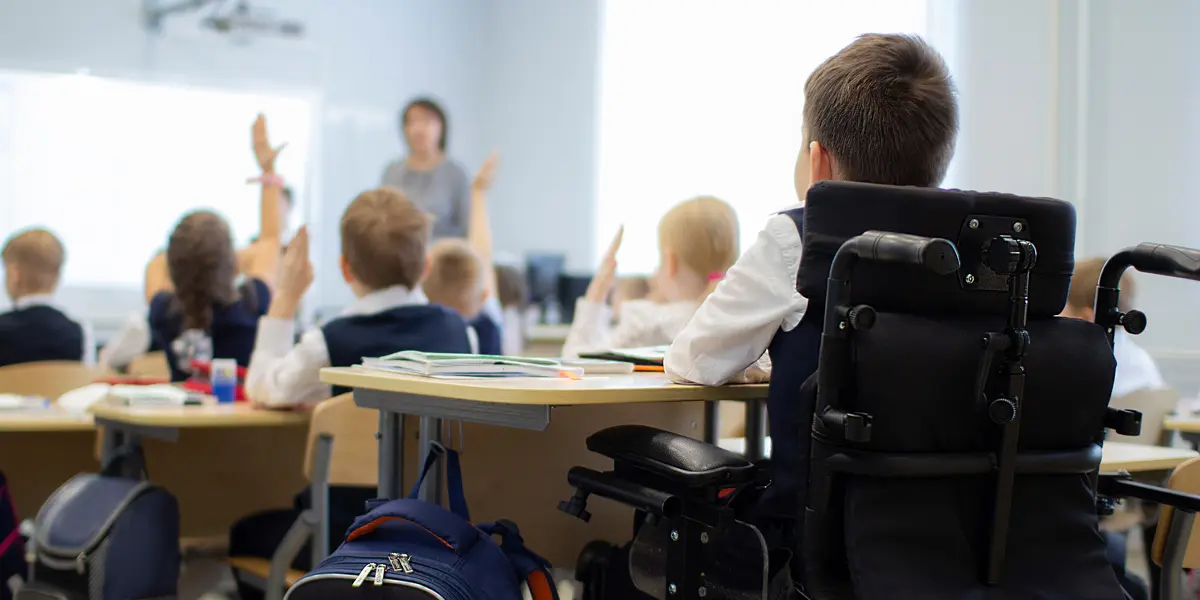How can inclusive education succeed in Switzerland?
The Swiss school system focusses on integration. However, the curricula employed are based on “normal child development”, meaning that children with disabilities are often taught separately. ZHAW researchers are now investigating how inclusive primary schools work, incorporating input from children, parents and professionals.

Around 18,000 or just under 2% of children in Switzerland attended a special school during the 2020/21 school year, with approximately 14% of all pupils receiving special educational support, be this inside or outside of regular classes. The UN Committee on the Rights of Persons with Disabilities considers these figures to be too high, as it expressed in 2022 in its report on the review of the UN Convention on the Rights of Persons with Disabilities. Four years earlier, the UN Committee on the Rights of the Child had also called on Switzerland to step up its efforts aimed at achieving an inclusive, non-discriminatory education system nationwide.
Integration "to the greatest extent possible"
Switzerland has been pursuing an inclusive approach to education since 2011. In doing so, it wants to ensure that all children are able to attend mainstream schools "to the greatest extent possible." As the curricula are geared towards physically independent children with age-appropriate cognitive and social skills, however, children with disabilities often come up against barriers and are partially or completely schooled separately. Countries such as the US, Canada and New Zealand as well as Finland, Sweden, Norway and Italy, on the other hand, have had inclusive education systems for some time now. Even though the systems are different, the basic principle applies that children with and without disabilities are taught together from the outset so that they are able to learn from and with each other.
"All children benefit from inclusion"
Occupational therapy lecturer and doctoral student Angelika Echsel is convinced that such schools benefit all children. “In an inclusive environment, differences of all kinds fade into the background. The children experience diversity, something that has been proven to help increase the self-acceptance of all children. The system also clearly fosters the children’s social skills, while their academic performance either remains unchanged or improves.” As an occupational therapist who for a long time ran her own practice for children, Echsel has been looking into the topic of inclusion for a number of years. She also lived for several years in New Zealand and the US, where she got to know inclusive school systems. Now she has chosen inclusion at school as the topic for her doctoral thesis.
A comparison of two school classes
Together with Prof. Christina Schulze and other international researchers, Echsel is currently conducting a study to find out which factors favour or hinder inclusive schooling from the perspective of children, families, teaching staff and therapists, and how inclusive education can be implemented in Swiss mainstream schools. In a first step, they are analysing international studies that incorporate these perspectives. In a further step, they are also carrying out two comparative case studies in two Swiss primary school classes with inclusive teaching. In doing so, the research team is placing a particular focus on joint activities such as group work, games and sports. “The objective is to develop a holistic understanding of the joint activities and interactions of all stakeholders in the school. This will ultimately help to further develop inclusive schooling both in Switzerland and at an international level,” says Echsel.